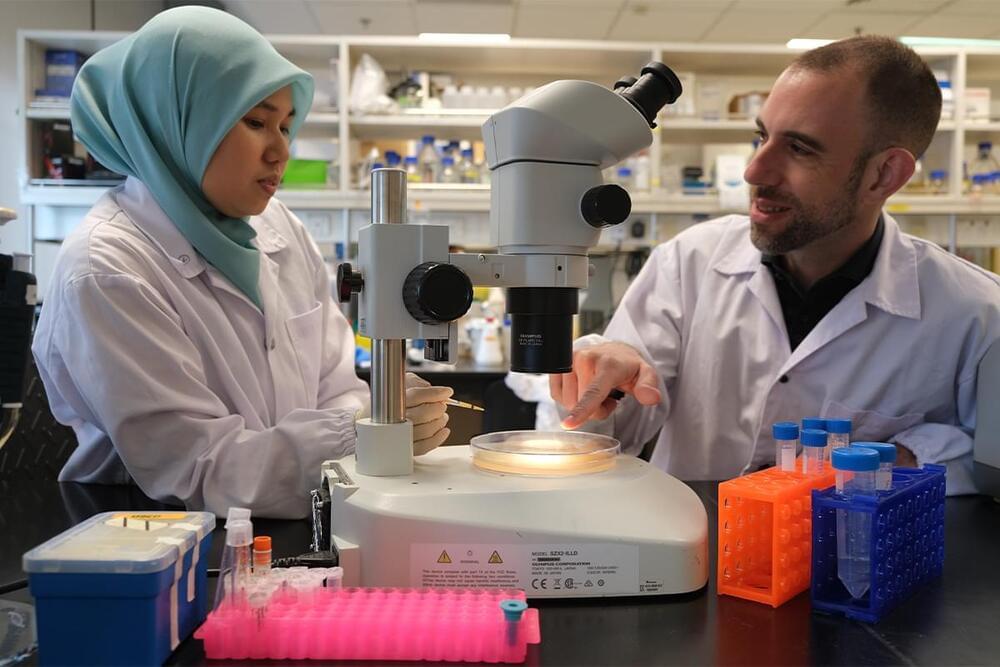Scientists at Nanyang Technological University, Singapore (NTU Singapore) have found that a stress response in cells, when ‘switched on’ at a post-reproductive age, could be the key to slowing down aging and promoting longevity.
Longevity. Technology: In lab experiments on a type of roundworm that shares similarities with humans – paging C elegans – the NTU Singapore team found that switching on this stress response in aged worms by feeding them a high-glucose diet extended their lifespan as compared with worms fed a normal diet.
Publishing today in Nature Communications, the NTU team say this is the first time a link between this stress response and aging has been uncovered.
